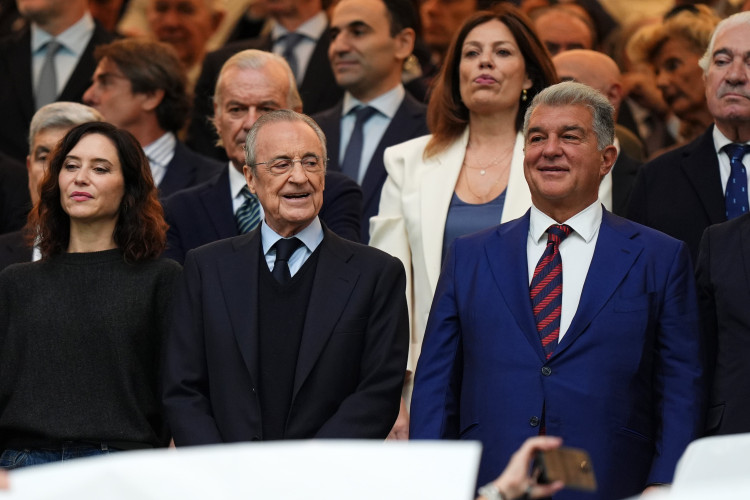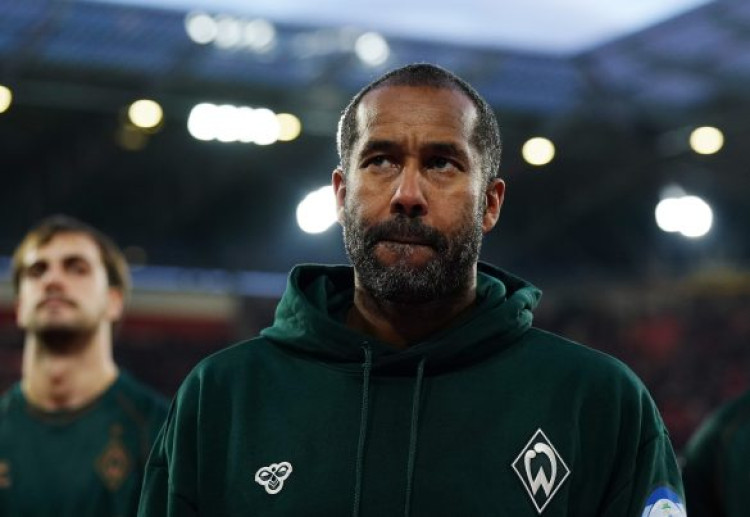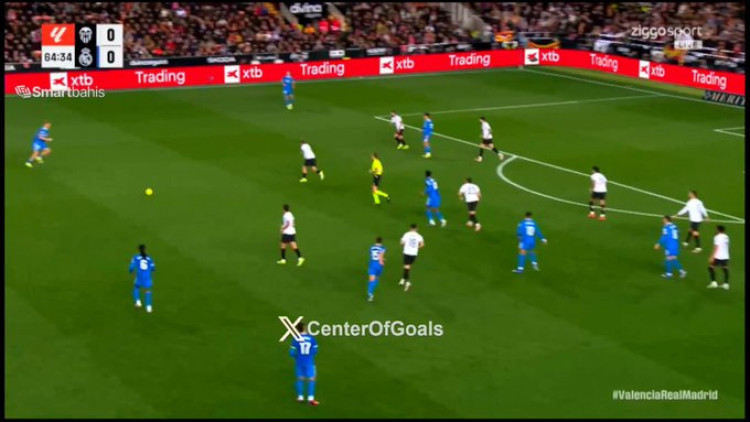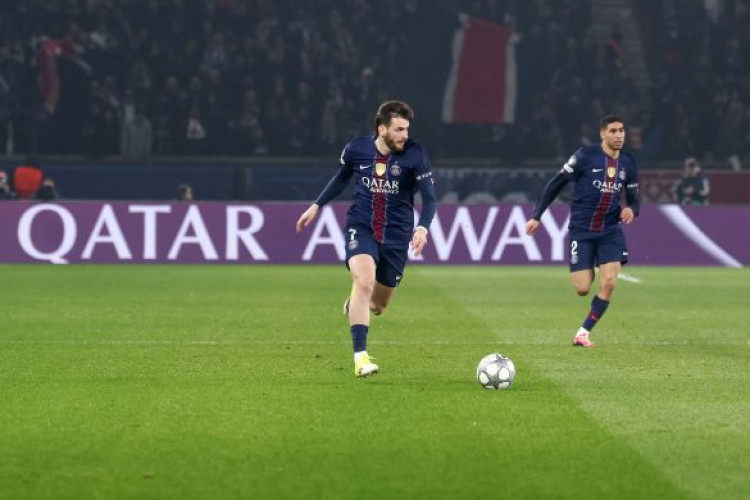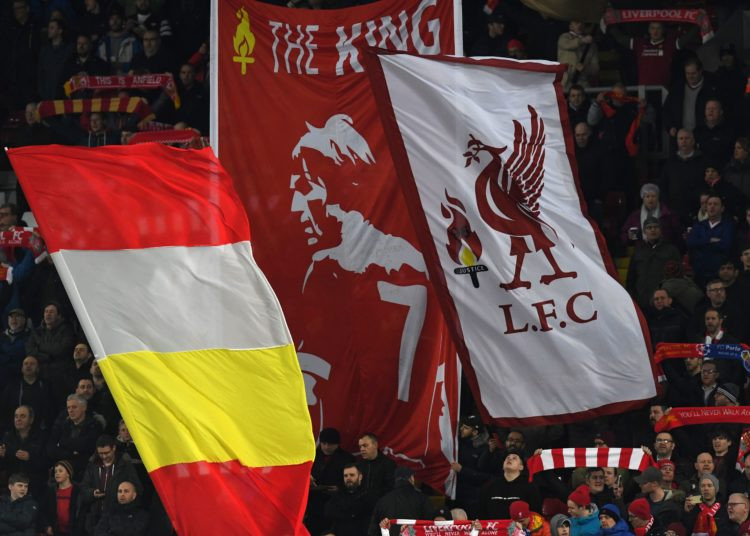
What is going wrong for Arne Slot at Liverpool? A deep dive
The Hard Tackle takes a deep dive into Liverpool’s struggles under Arne Slot, with the Reds losing their fourth successive game to Manchester United this past weekend.
Arne Slot, who built his reputation at Feyenoord for his tactical intelligence and high-speed attacking football, was expected to build upon the aggressive, high-tempo ideology left behind by Jurgen Klopp at Liverpool.
Liverpool fans hoped Slot’s system would modernise the side, adding a balanced, possession-based dimension to complement the club’s traditional intensity. He did that in his debut season with the Reds and helped them win the league.
Subsequently, Liverpool backed him with substantial funds during the summer transfer window so that he could improve his squad and defend the domestic crown. However, a few months into the new season, reality has been far less encouraging.
Liverpool’s summer spending, substantial and ambitious, was meant to be a statement of intent. The club invested heavily in four marquee players: Alexander Isak from Newcastle United, Milos Kerkez from Bournemouth, Hugo Ekitike from Eintracht Frankfurt, and Florian Wirtz from Bayer Leverkusen.
On paper, it seemed a perfect trio of youth, dynamism, and established top-level pedigree. Yet, as autumn sets in, all three have looked like shadows of their former selves, struggling to adapt to Slot’s demanding tactical structure and unpredictable team selections. The Hard Tackle looks at what is going wrong at Liverpool for Arne Slot and his charges.
Arne Slot and The Tactical Disconnect at Liverpool
Arne Slot’s system at Liverpool has been built around a flexible 4-2-3-1 formation with an emphasis on ball retention, compact pressing, and controlled build-up from the back. While this approach worked seamlessly in the Eredivisie, the Premier League’s higher tempo and physical demands have exposed gaps in both execution and personnel balance.
Kerkez, Isak, and Wirtz were supposed to add new dimensions: Kerkez bringing energy and attacking threat down the left, Isak offering movement and cutting edge up front, and Wirtz bridging midfield and attack with flair and creativity. However, none of them has looked entirely comfortable. Slot’s insistence on a rigid positional structure has restricted their natural instincts, leaving them unable to reproduce the spark that made them standout performers at their previous clubs.
As a result, Liverpool have looked oddly disjointed, neither fluid nor disciplined, struggling to control possession in midfield and failing to supply consistent service to their forwards. The tactical framework feels overly cautious, especially compared to Klopp’s more instinctive and aggressive template. Slot’s quest for control has come at the cost of attacking rhythm, and the signings meant to thrive in his system have instead been suffocated by it.
Milos Kerkez: From Relentless Runner to Restricted Full-Back
The case of Milos Kerkez is perhaps the clearest reflection of Arne Slot’s missteps at Liverpool. The Hungarian international was one of Bournemouth’s standout performers last season, an engine on the flanks, combining tireless running with sharp attacking intent. His overlaps, cutbacks, and dynamic energy were critical to Bournemouth’s counterattacking play.
At Liverpool, that intensity has been largely muted. Slot has reigned Kerkez into a more conservative role, expecting him to hold position and recycle possession instead of bombing forward. The idea presumably was to offer defensive stability and allow Liverpool’s front line to flourish, but the outcome has been the opposite.
Kerkez looks uncomfortable operating in a system that denies him the freedom to attack space. Without his adventurous runs, Liverpool’s left flank often lacks width and unpredictability. Opponents have easily dealt with the static build-up, forcing Liverpool to funnel possession centrally, where the team’s inability to control tempo has become glaring.
Moreover, Kerkez’s restricted positioning has blunted his confidence. The 21-year-old thrived on positive momentum and assertive decision-making. Now, he plays within himself, appearing hesitant, often looking backwards rather than attacking space. Slot’s tactical conservatism has effectively turned one of Europe’s most promising attacking full-backs into a peripheral figure.
Alexander Isak: Lacking Fitness, Lacking Service
If Milos Kerkez has suffered from being held back, Alexander Isak’s struggles have been more systemic. The Swedish striker arrived with high expectations, having carved a reputation at Newcastle for his silky movement, composure in the box, and elite technical ability. At his best, Isak drifts across the front line, exploiting half-spaces and linking play with midfield runners. However, under Slot, he has found little support and even less service.
Isak was hampered by fitness issues early in the campaign, but even when fit, he has looked isolated. The slow build-up, coupled with Liverpool’s inability to transition quickly through midfield, leaves Isak stranded between defenders, too often forced to chase speculative long balls or drop deep to touch the ball at all.
Slot’s insistence on using Isak despite lingering fitness concerns has also been questioned. The manager seems determined to justify the club’s investment, but in doing so, he has overlooked form and rhythm. Isak’s confidence has dipped as a result, his finishes have lacked conviction, his movement is less sharp, and his link-up play, once his strongest suit, looks rusty.
The problem is not the forward himself; it is the structure behind him. Without creative supply lines or overlapping movement around him, Isak is being tasked with doing too much. He needs runners and fluidity, but Liverpool’s static setup has given him neither.
Florian Wirtz: A Diamond Misused
Few arrivals in the Premier League generated the same excitement this summer as Florian Wirtz’s move to Liverpool. The German international was among Europe’s most electric attacking midfielders at Bayer Leverkusen, an orchestrator capable of dictating tempo, threading precise final passes, and scoring goals himself. But at Anfield, Wirtz’s influence has been minimal.
He has been shuffled between positions, used as a central attacking midfielder, occasionally as a left-sided playmaker. Yet in both roles, he has looked disconnected from the overall system. Liverpool’s midfield lacks the defensive structure and passing tempo to give Wirtz freedom in the final third. Without protection or consistent ball progression behind him, he spends more time tracking back than dictating play.
In recent games, Arne Slot has even benched him in favour of a more disciplined midfield trio, further stalling his adaptation at Liverpool. For a player who thrives on rhythm and space, the constant role-switching has been detrimental. When Wirtz does receive the ball, Liverpool’s slow recycling makes it easy for defenders to compress space around him, denying him time to weave the delicate passes that once made him a star in Germany.
There is no doubt the talent is there, but Slot has yet to find the right context to unlock it. Liverpool’s softened midfield press, meant to ensure defensive balance, has instead created a disjointed core that neither protects nor creates effectively. Wirtz, caught in the middle, has become symptomatic of a side unsure of its own identity.
Hugo Ekitike: The Forgotten Spark
Amid all this, one player has quietly stood out in limited appearances: French striker Hugo Ekitike. The young forward, signed earlier in the window, impressed with his intelligent movement, composure, and aggressive pressing in his early outings. His link-up play was sharp, and he immediately looked more in tune with the chaotic rhythm of English football than many of his high-profile teammates.
Ekitike’s energy brought a spark to Liverpool’s attack in pre-season and the early fixtures, where his pressing triggered transitions and his hold-up play created space for wingers. Yet, with the arrival of Isak and Slot’s preference for using the Swede as his first-choice striker, Ekitike has seen his opportunities dwindle.
That decision has puzzled supporters and pundits alike. Ekitike’s form and fitness made him a strong option to lead the line while Isak regained sharpness. Instead, Slot’s persistence with an undercooked the Swede seems both tactically stubborn and psychologically damaging for Ekitike, whose morale and rhythm have inevitably suffered.
At a time when Liverpool’s attack looks static and predictable, Ekitike’s omission feels counterintuitive. His pressing intensity and willingness to link with midfielders could have helped solve some of the structural issues strangling Liverpool’s forward play. Slot’s failure to rotate effectively or reward form over reputation hints at a deeper problem in his man-management approach.
A Liverpool Manager Under Scrutiny
Arne Slot’s reputation as a tactically astute coach remains intact, but adaptation to the Premier League can sometimes expose even the most intelligent football minds. The balance between control and creativity, a line Klopp walked masterfully, has thus far eluded him.
Liverpool’s new signings are not poor players; they are simply being misused. The blend of positional rigidity and slow tempo has blunted their strengths, leaving the team unrecognisable from the energetic, fast-moving outfit fans were accustomed to.
If Slot cannot recalibrate soon, both tactically and in his selection choices, the pressure will intensify. The Premier League allows little patience for experiments gone wrong, especially at a club with Liverpool’s standards. The solution may lie not in reinventing the system, but in freeing the players within it, letting Kerkez drive forward, giving Wirtz the midfield support he needs, and allowing Ekitike to re-enter the fold on merit.
Right now, Liverpool’s expensive rebuild stands on unsteady ground. The talent assembled over the summer has not vanished; it is just waiting for direction.



